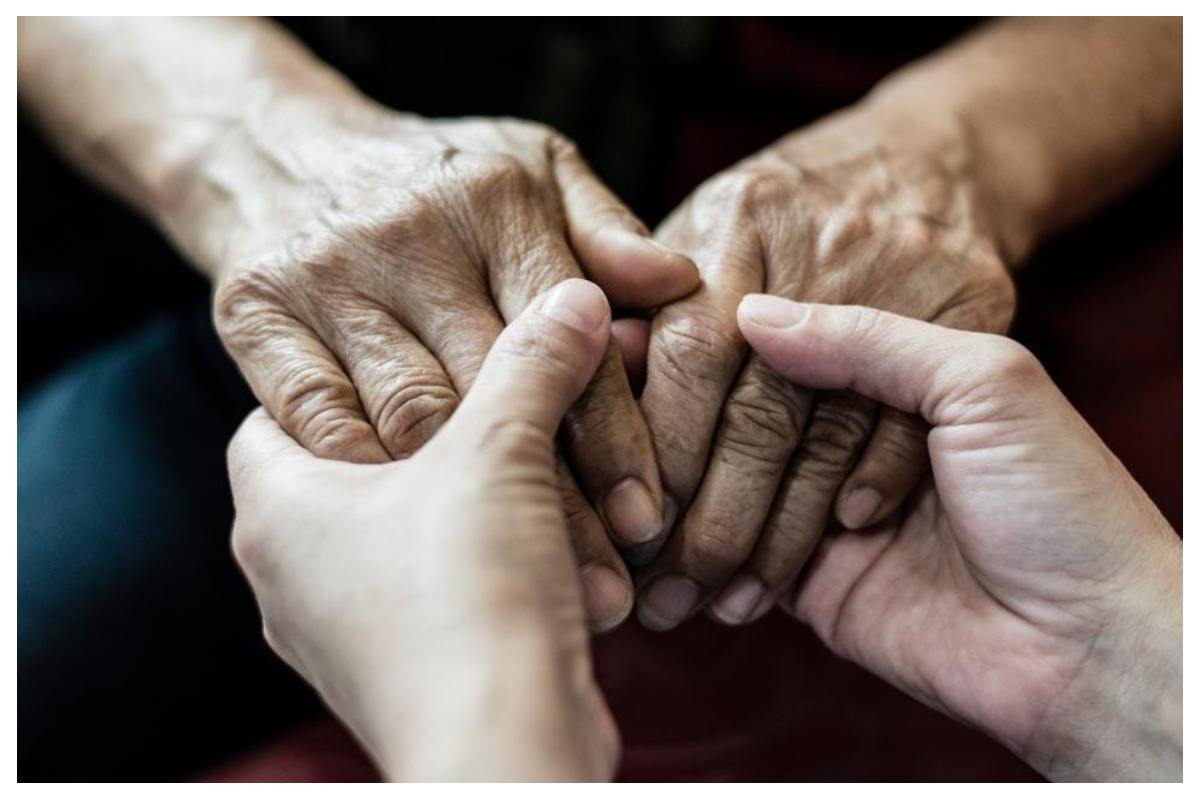Prevent Caregiver Burnout
Caregiving can be exhausting and overwhelming, however, there are steps you can take to manage the stress and enjoy a balanced lifestyle.
Table of Contents
What is a Caregiver
A caregiver is a person (sometimes temporary) that provides care and assistance to an individual that cannot perform the basic tasks of daily living.
This includes: bathing, eating, taking medication, etc. It can also be household chores such as cooking/cleaning for another family member who has been diagnosed with dementia or Alzheimer’s disease.
What is Caregiver Burnout?
Caregiver burnout is a product of caregiver stress, which can lead to poor decision-making. The caregiver may become overwhelmed and be mentally, physically, and emotionally exhausted from the burden of caring for others.
This burnout can include: giving up on responsibilities at home or work and taking shortcuts in providing care for another individual.
Signs and Symptoms of Caregiver Burnout
Understanding the signs and symptoms of caregiver burnout may help to manage the stress.
General signs and symptoms of caregiver burnout include:
– Physical exhaustion/depression (similar to postpartum depression)
– Anxiety and irritability
– Changes in sleeping and eating patterns
– Loss of motivation at work or home
– Self neglect/isolation
– Substance abuse or increased alcohol consumption to cope with stress
Examples of Caregiver Burnout
Temporary relief from being a caregiver can be beneficial to minimize stress. Examples include:
– Reassigning care to another individual or agency without seeking advice from medical professionals and family members on how they may have felt in that situation
– The caregiver may neglect their own medical conditions due to the increased stress
– The caregiver has difficulty maintaining work performance because of impulsive decisions made out of desperation.
– They are more inclined to be easily irritated and have physical health issues, such as headaches/stomach aches, etc.
– They may neglect their own needs, such as eating right or getting proper sleep because of the stress they are experiencing for another individual.
– It can also affect relationships at home if the caregiver is constantly taking on more responsibilities than necessary without any temporary relief as an aged care worker.
Tips to Prevent Caregiver Burnout
There are several methods that can be implemented to decrease the risk of caregiver burnout.
– Taking care of yourself by eating healthy, exercising regularly, and managing stress levels is important
– Setting boundaries with your loved one or patient will help avoid becoming overwhelmed with the expectations being placed on you
– Develop a caregiving plan with your loved one or patient to ensure that all involved are informed and aware of their own responsibilities
– Delegating care tasks to another individual requires temporary relief from the caregiver and has been shown to benefit both parties involved
– A support system with friends, family members or other caregivers can help reduce stress
– Being aware of your own physical health is important as it affects your overall well being
Tips for Caregivers
Locating temporary relief from being a caregiver is important in preventing [caregiver] burnout. Consider the following tips to prevent burnout:
– Remember that you are not alone in this position, there are many other caregiver’s just like you! Reach out to them if needed.
– Prioritise your responsibilities at home and work. If you cannot complete a task, do not feel guilty about delegating it to someone else.
– Reassigning care to temporary relief will help decrease anxiety, stress, and physical exhaustion
– Be patient with yourself as well as the individual that you are providing care for. They may have their own challenges throughout this process too!
– Taking time for yourself with activities that you enjoy is important in
– Take breaks when possible/necessary to refresh your mind and body (exercise or go on a walk).
– Try to maintain a positive attitude as it will affect your overall well being
– Do not bottle up any stress or concerns about the individual you are providing care for
To Summarise
[Caregiver] burnout can occur when the stress from caring for a loved one becomes too overwhelming. This can result in a decline in your mental, physical and emotional health. Remember that burnout is quite common in caregivers and it’s important to recognize the signs and symptoms of caregiver burnout, so you can manage and prevent it. Following the tips for preventing caregiver burnout will help you maintain your health.






